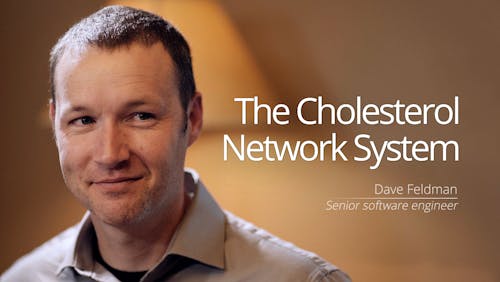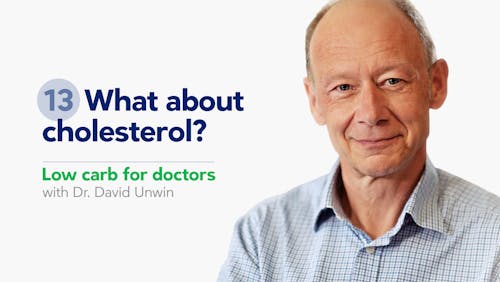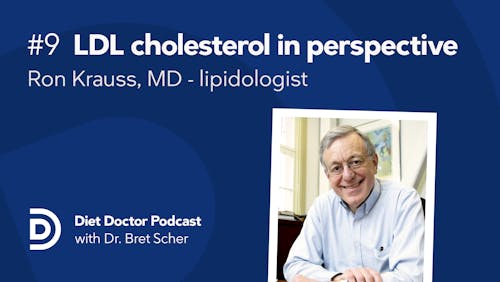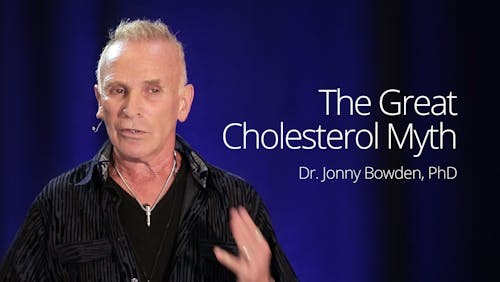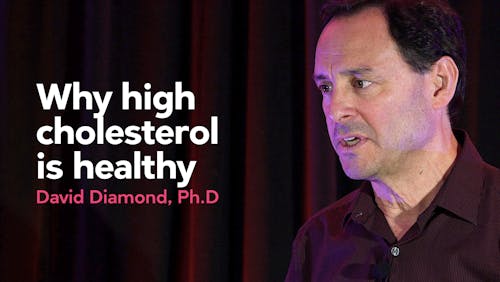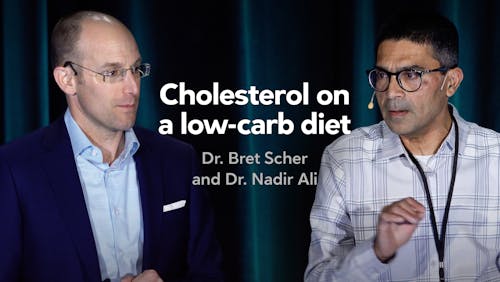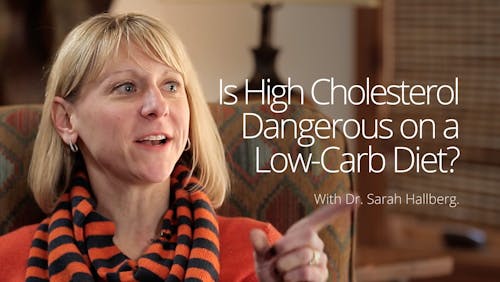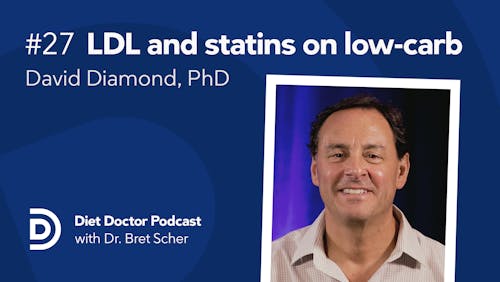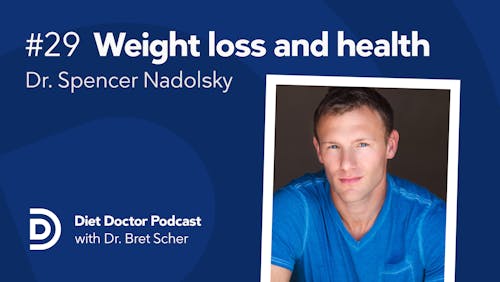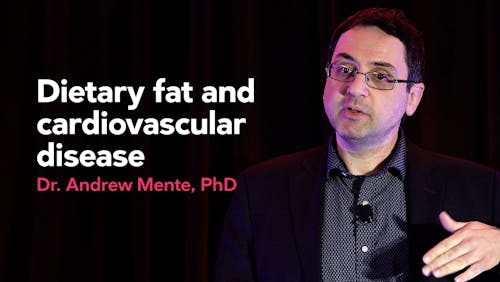New genetic study shows LDL and blood pressure still matter
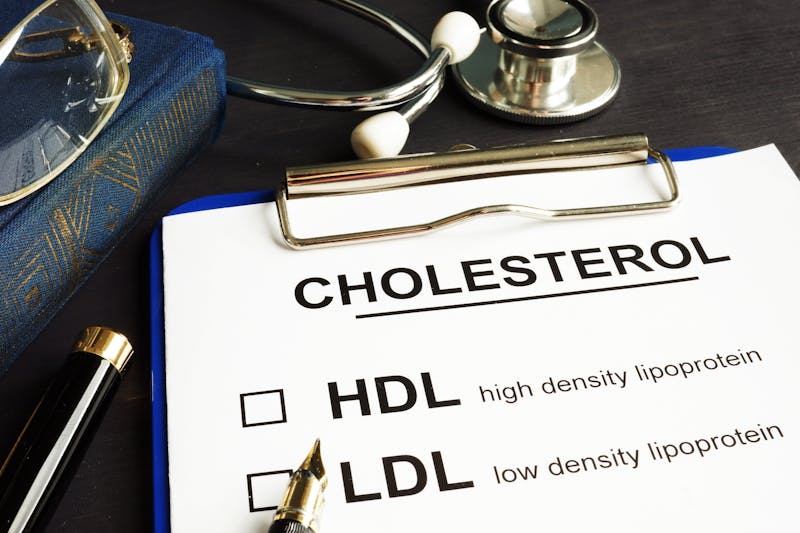
Does LDL matter for our heart health?
Many social media posts suggest that LDL is irrelevant for low-carb eaters. Interestingly, for most of us, dismissing LDL as a heart disease risk factor is just not necessary to justify low carb because most research studies show that LDL does not increase on a low-carb diet.
But what about when LDL does go up? Should we be concerned?
A new study published in JAMA says yes, we should pay attention to lifetime exposure to LDL as well as systolic blood pressure (the higher number of a blood pressure reading).
The study is a so-called Mendelian randomization study. This is a bit of a misnomer, as there is no real randomization, but since it looks at people with different genetic markers, it is considered that they were “randomized” at birth based on who has certain genetic traits and who does not. The authors put this into perspective by saying:
Ideally, this question would be addressed by conducting a randomized trial to minimize the effect of confounding that can occur in observational studies. However, a randomized trial evaluating the association between maintaining prolonged exposure to both lower LDL-C levels and lower SBP with the risk of cardiovascular disease would take several decades to complete, and therefore is unlikely to ever be conducted.
The study evaluated over 430,000 subjects with a mean age of 65 with follow up ranging from 8 to 12 years (but since these were genetic differences, the assumption was that they had these traits since birth and therefore the follow up is six or more decades). Those with genetic predisposition towards lower LDL cholesterol levels, on average 15mg/dl lower, had a 26% relative lower risk of a cardiac event (defined as either a heart attack, stent or cardiac death). In addition, those with a genetic tendency toward lower blood pressure, on average 3 mmHg, had a 17% relative decreased risk of cardiac events.
That all seems straight forward and suggests that lifelong exposure to lower LDL and lower blood pressure reduced cardiac events. But now for the trickier part. What about overall mortality? A study this size is perfect for reporting overall mortality risk, not just cardiac events. But that was not done.
Although knowing the relative risks is nice, what were the absolute risks? Did the risk of a cardiac event go from 2.00% to 1.48%? Or from 30.0% to 22.2%? Both of these examples represent 26% reductions, but they mean something very different to the individual.
Another reasonable question is how much can we generalize these findings to those without a genetic predisposition to lower LDL or blood pressure? The authors recognize this nuance with the following quote:
This study does not provide evidence that outcomes associated with intrinsic physiological findings, such as naturally occurring lower levels of LDL-C or SBP, are the same as outcomes that would be associated with extrinsic drug treatment or other interventions to achieve similar plasma LDL-C or SBP levels.
While their data supports the LDL hypothesis, it does not speak to whether or not lowering LDL with drugs would be beneficial.
Also, what about the subjects’ baseline health? Since this was essentially a “randomized” trial, all of the baseline data was the same, so we don’t have to worry about healthy user bias or obvious confounding variables.
However, the baseline TG:HDL ratio of the group averaged 2.7. That is a potential marker of insulin resistance or metabolic dysfunction. Other studies have shown that the correlation of LDL with heart disease depends on HDL levels and TG:HDL ratios. Would these results be different in subjects with TG:HDL ratios of 1 or less? Or in those following a healthy low-carb diet? I sure would like to know the answer to those questions!!!
In the absence of those answers, however, we have to register this new data as a result that favors paying attention to LDL and blood pressure rather than dismissing either as categorically unimportant. While that may be an unpopular conclusion in the low-carb world, it is still supported by certain lines of evidence.
Make sure you discuss your lipids, blood pressure and overall health with your physician to find out what the right approach is for you!
Thanks for reading,
Bret Scher, MD FACC


Cholesterol and low-carb diets
GuideCholesterol is often viewed negatively due to its historical association with heart disease. However, its role in heart health is controversial. Read on to learn what cholesterol is, how your body uses it, why low-carb and keto diets may lead to a change in blood cholesterol levels.
Earlier
NuSI study raises potential concerns about a keto diet
Study shows red and white meat increase large (but not small) LDL particles
Does LDL play an important role in peripheral nerve function?
Does elevated LDL have a role in early-onset Alzheimer’s disease?
